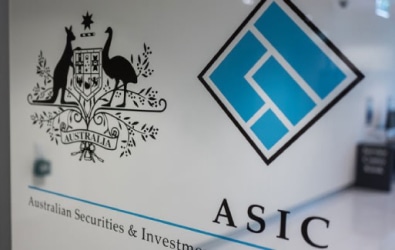The participation of institutional investors in the residential property market is likely to remain small in Australia, partly because of the dominance of super funds, according to AMP Capital Investors.
"The biggest thing Australians own is their own home. The second biggest thing is there superannuation. What they don't want is something that is identical in terms of risk and return to their own home," AMP Capital global direct property fund manager John Dynon said.
In the United States, residential property is one of the first property classes that institutional investors would consider buying into, according to Urdang private real estate managing director David Rabin.
"We sizeably invested in multi-family assets or apartments," Dynon said.
"In the US we have over 13 million rental units, many of those are in building of over 200 units and they are largely owned by institutional investors. In fact, today they are the number one choice for core investors in the US," he said.
The apartment market has been especially attractive and has clearly been leading the recovery of the property market in the US.
"Apartment leases are typically one year leases and so in a rising market the owner has the ability to raise 100 per cent of the leases within a one year period, and so you can raise prices much quicker than in other asset classes," he said.
But Dynon said that concentration risk remained an obstacle for super funds to participate in this segment in Australia.
"What it comes down to is what institutions are considering in terms of demand, and they are going to want diversification for their superannuation," Dynon said.





